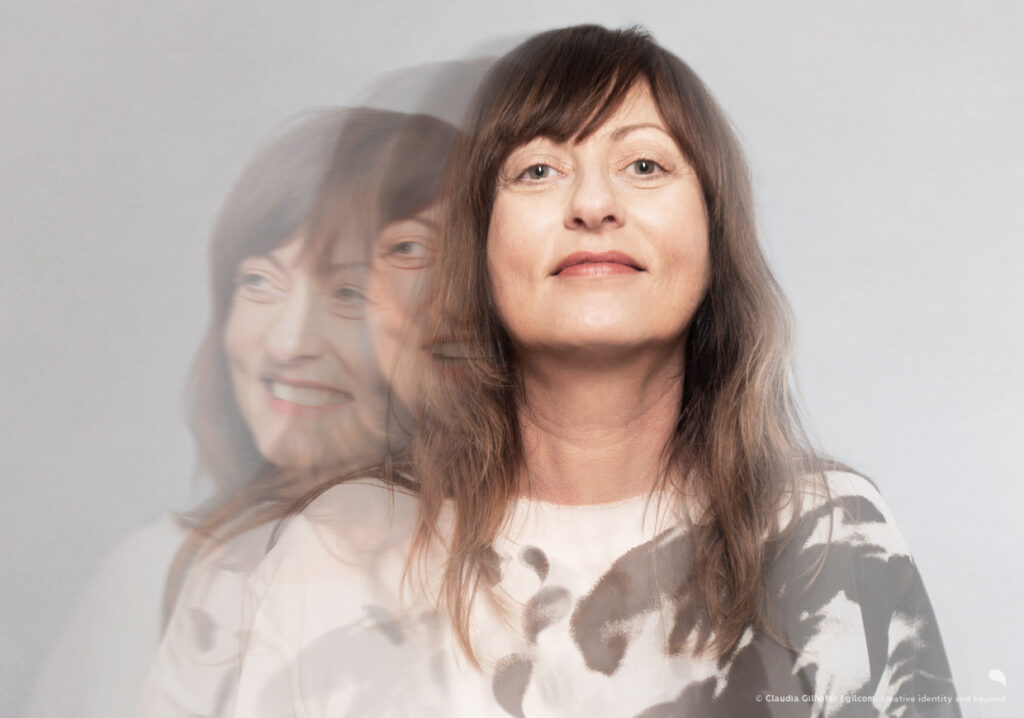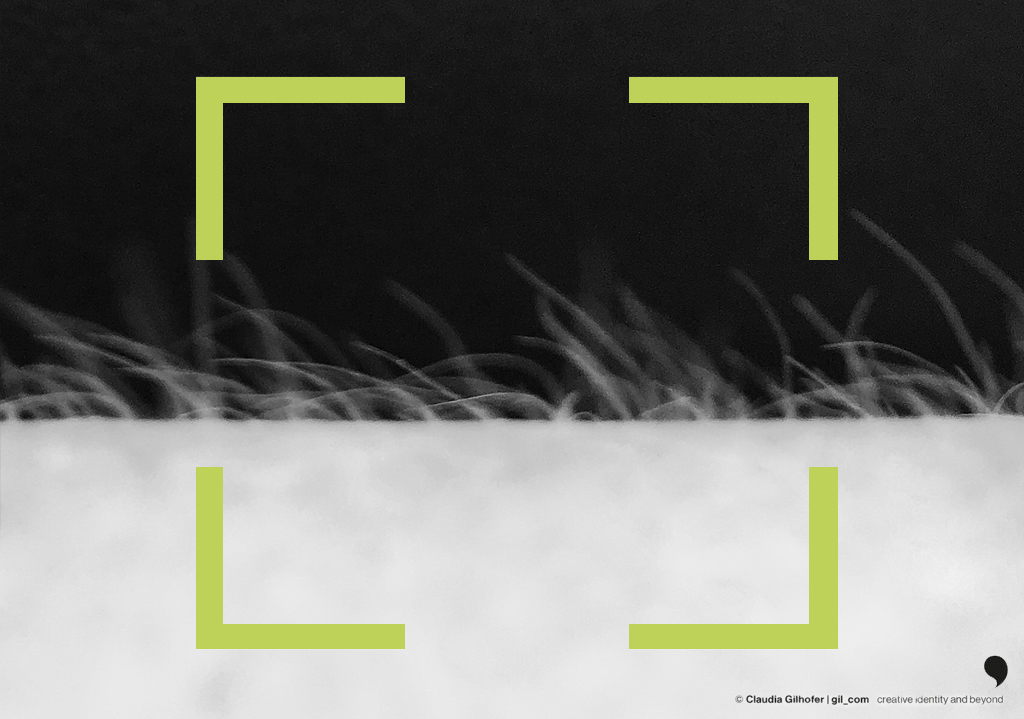More and more aspects of our lives are being taken over by the machine worlds we humans have created ourselves. Technological shifts through digitization, along with increased connectivity and faster communication, bring about changes, and new accelerators are being installed all the time. The pace is rapid, and there are many unanswered questions. One thing is certain: in the future, everything will continue to change.
The societal relevance of digitization was a central theme at this year’s re:publica conference in Berlin. This network conference has become one of the largest and most important platforms for discussing digital issues. Under the motto “POP – Power of People,” it became clear that technological progress affects us undemocratically, and changes are not driven by technologies but by social structures. It’s up to us as humans to responsibly manage our future and the use of new technologies.
Even the concept of the filter bubble was turned upside down. Media scientist Bernhard Pörksen referred to the filter bubble as a symptom of our information behavior, not limited to the digital world but extending to how and what we engage with in general. In both the digital and real worlds. Those who only see what they want to see steadily narrow their own scope of action. However, those who approach topics outside their comfort zone with openness and curiosity not only gain a better understanding but also constantly develop themselves. Uncomfortable? Necessary.
„The only real valuable thing is intuition.”
(Albert Einstein)
Soft skills will become increasingly important in the future. Machines undoubtedly compute faster and better than we do, but they fall short in the realm of emotions. Being smart means sharpening our senses, enabling us to better empathize with others and understand their behavior. However, this requires patience and mindfulness. Unfortunately, our emotional worlds and the duration of our focused attention have already begun to change due to the use of new technologies. We should be cautious not to lose our empathy. To regain it, we must learn to take long detours without shortcuts, accumulating our own necessary experiences along the way. This all depends on the courage to engage in self-reflection.
OOr have you already developed such a thick skin that nothing gets under it anymore? Leaders, in particular, should pay attention here. Those who are sincere, remain authentic, and can empathize with their employees will inspire them and be able to retain the best team members sustainably. Achieving this without empathy will be difficult. Those who believe they understand everything quickly or think they already know how things work often fall into the greatest misconception. It’s better not to believe everything you think.
Politics, economics, businesses, brands… every one of us contributes to shaping the direction of our shared future.
„Optimism is a strategy for making a better future. Because unless you believe that the future can be better, you are unlikely to step up and take responsibility for making it so.”
(Noah Chomsky)
Let’s remain optimistic, be courageous, and above all, stay human – a true art in economic systems.
never stop evolving.
stay human.
[ Communication | Human | Brand ]
__
gil com | creative identity and beyond
For connecting communication + promoting personal growth, brand authenticity, a motivating corporate culture, and opening up new spaces for creative thinking.
Claudia Gilhofer:
Creative Planner, Communication Psychologist in Training, Systemic Business Coach, Facilitator, Mentor, Sparring Partner, VR Expert (XR-C)
Talks of re:publica 2018: https://www.youtube.com/channel/UC2p_as5NqbGc9jaSQFsBT-g





